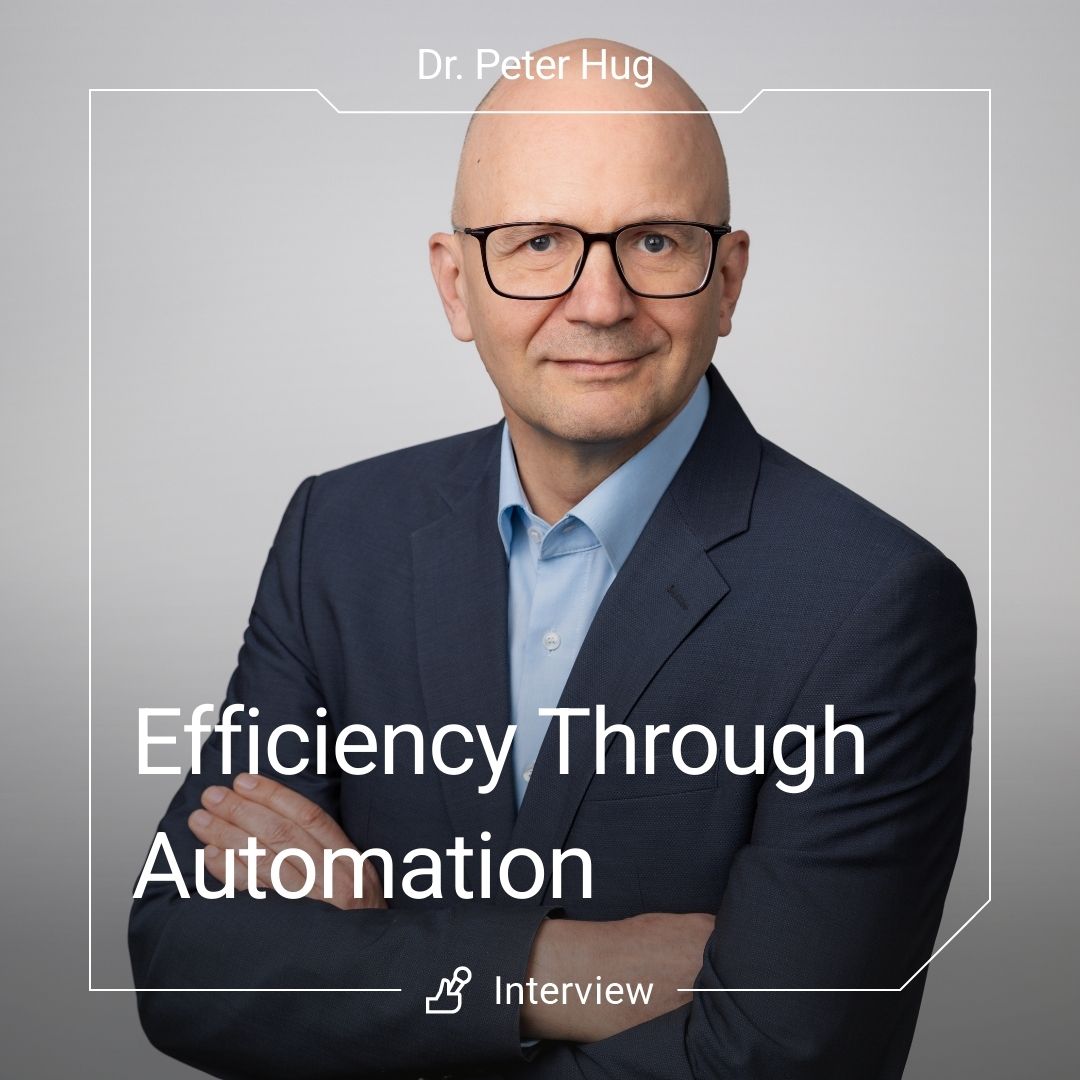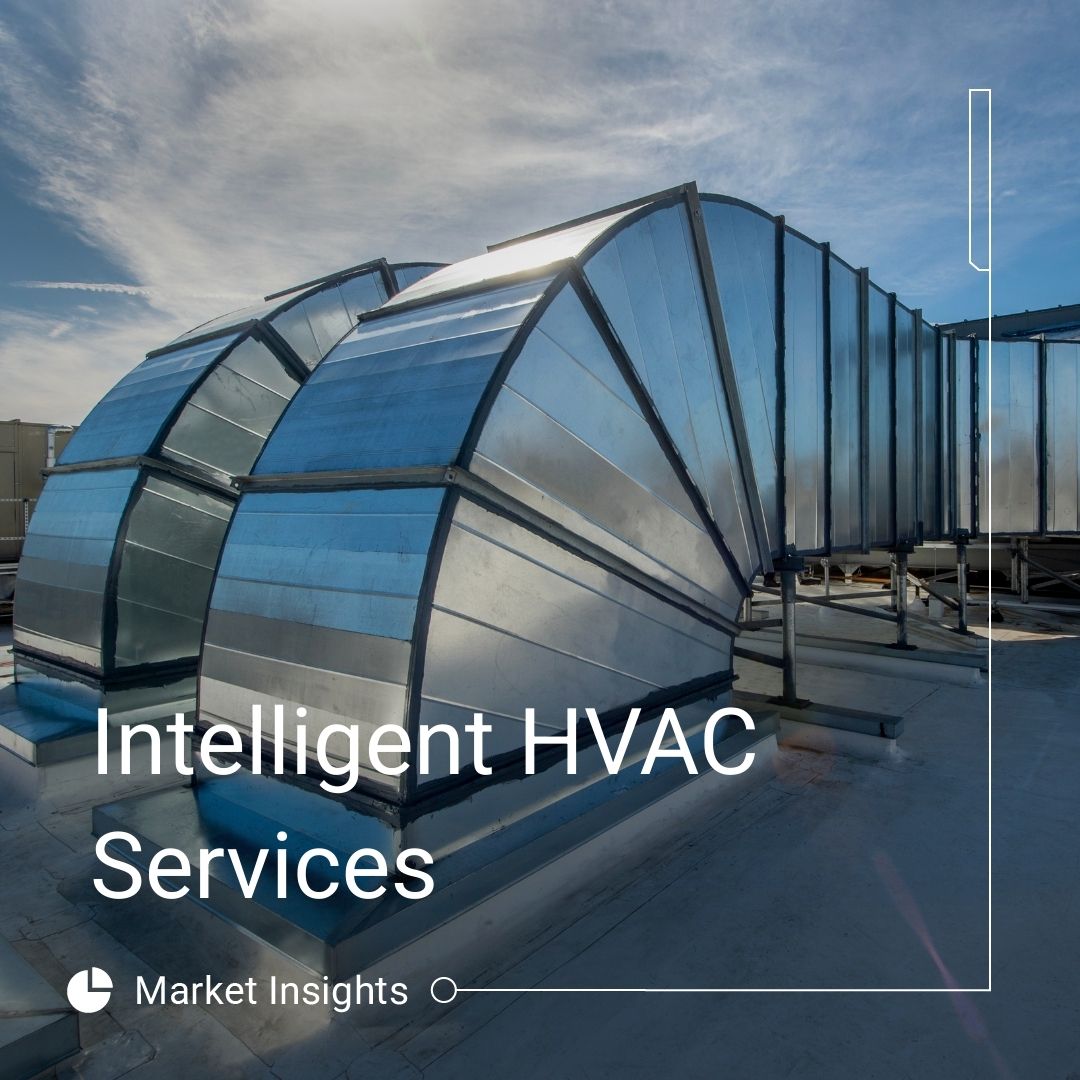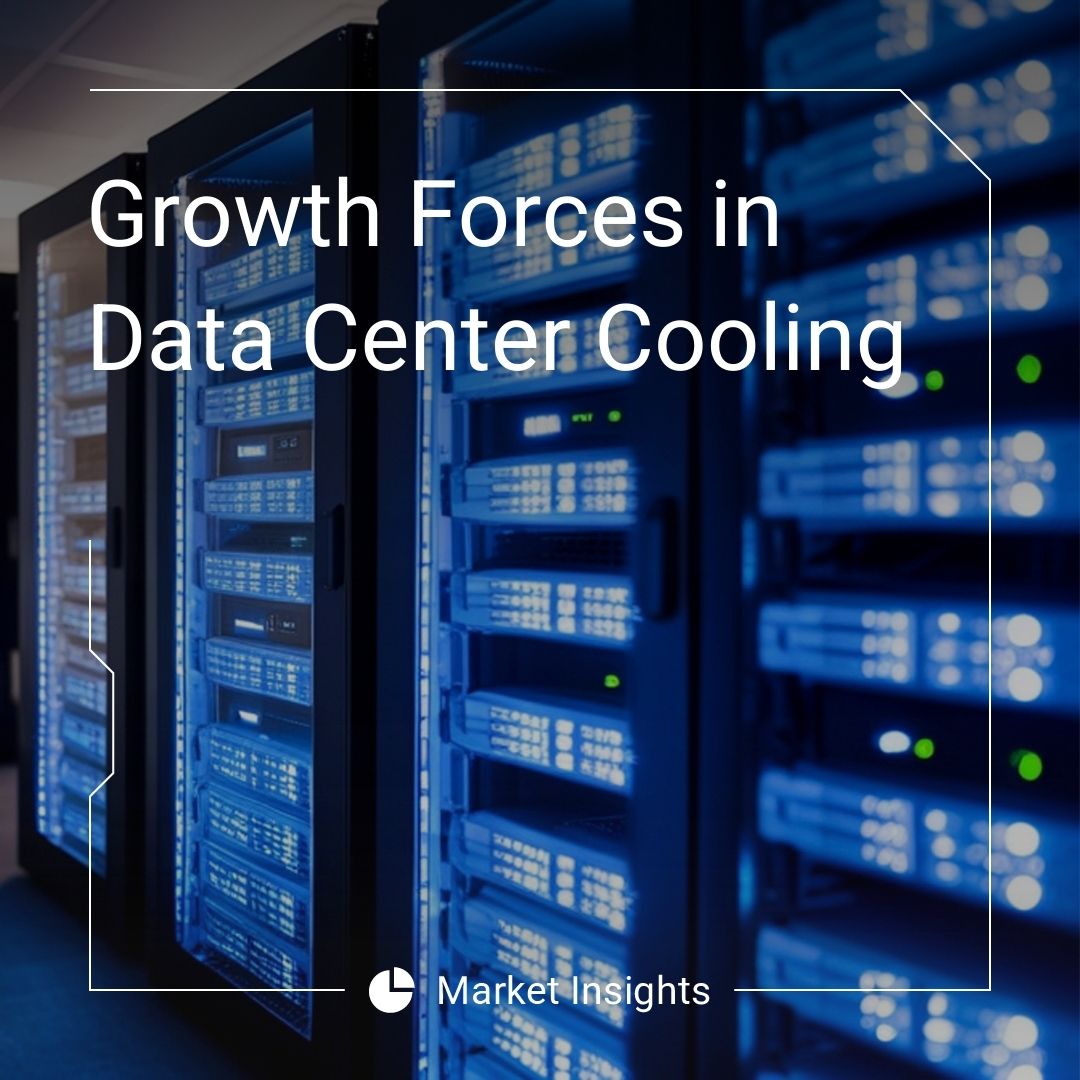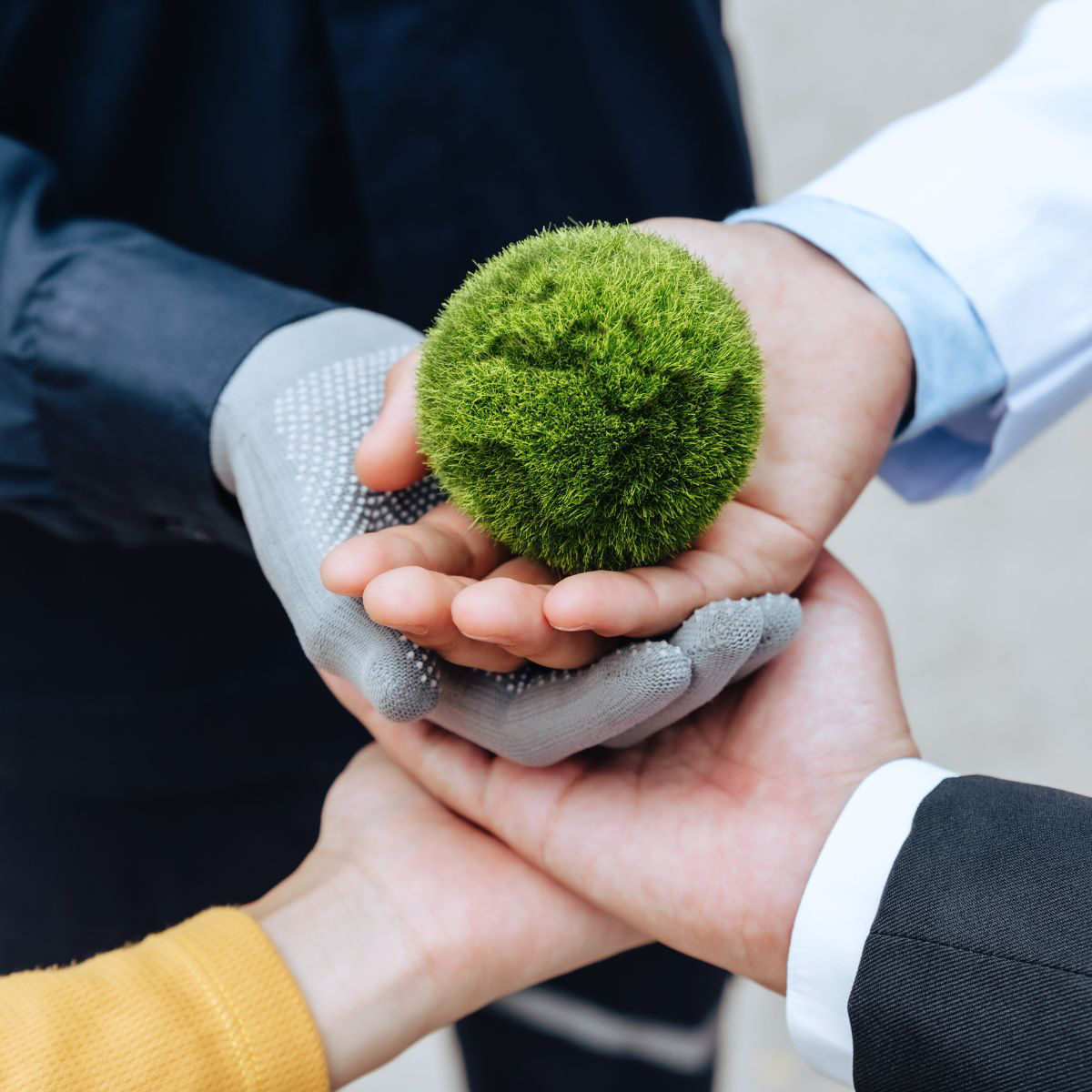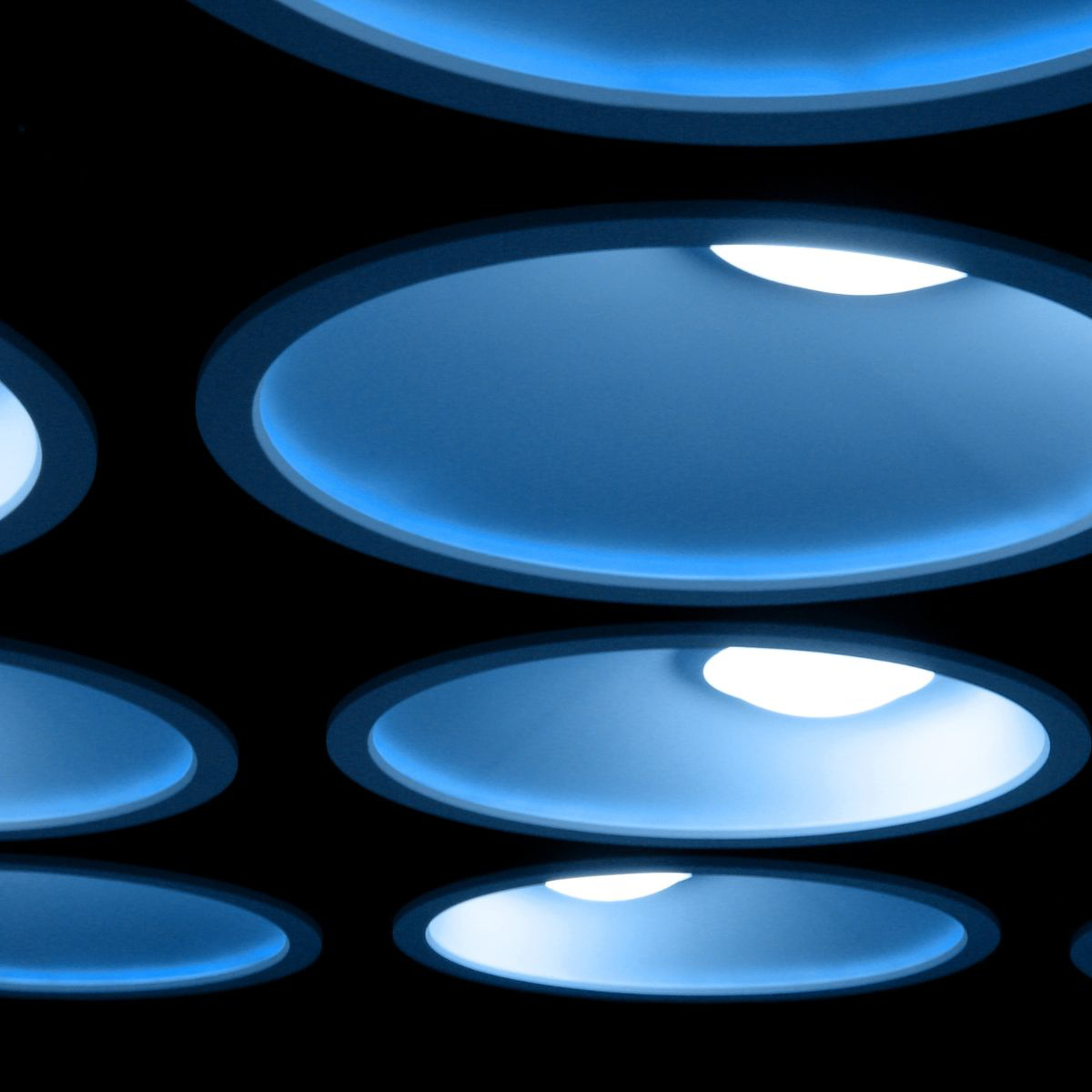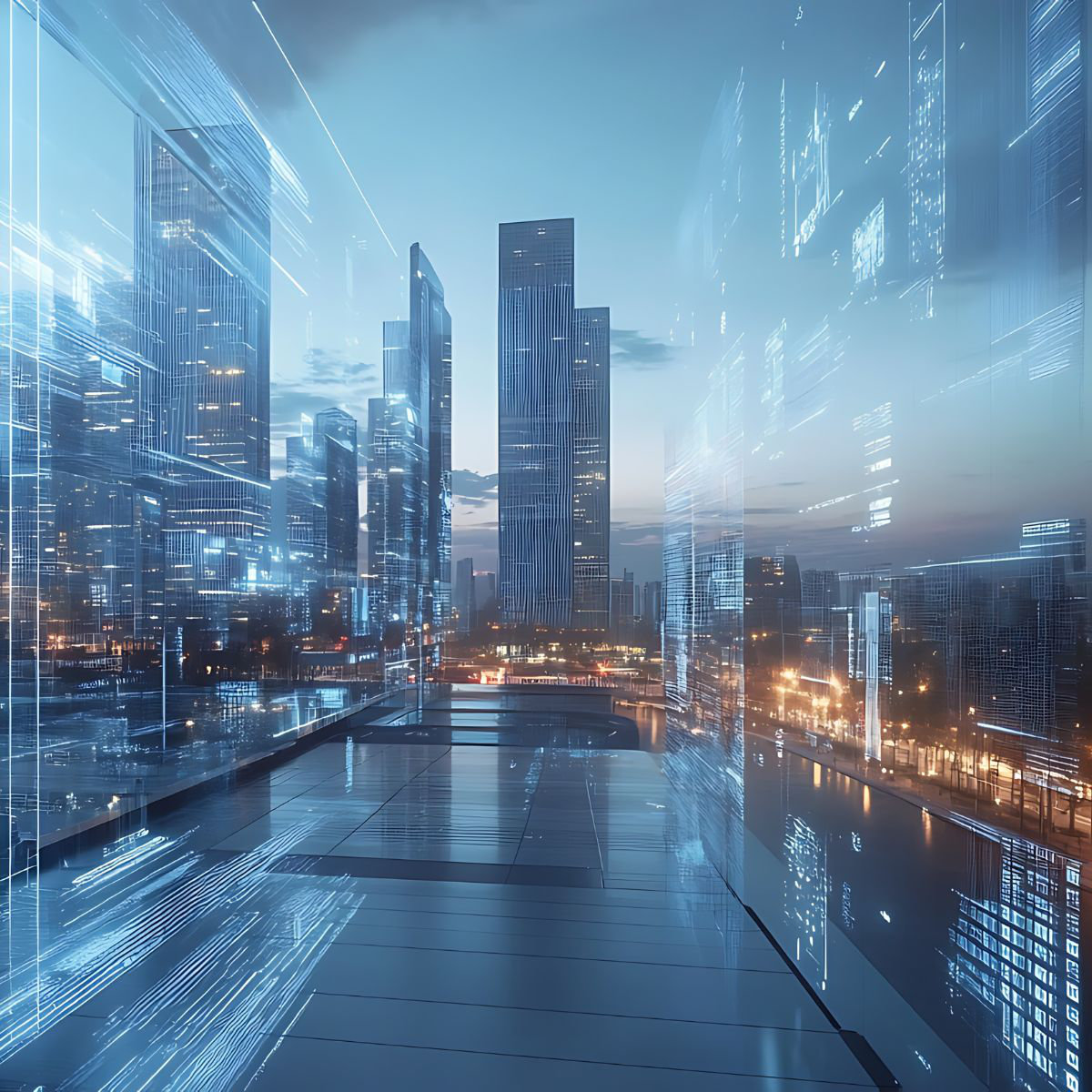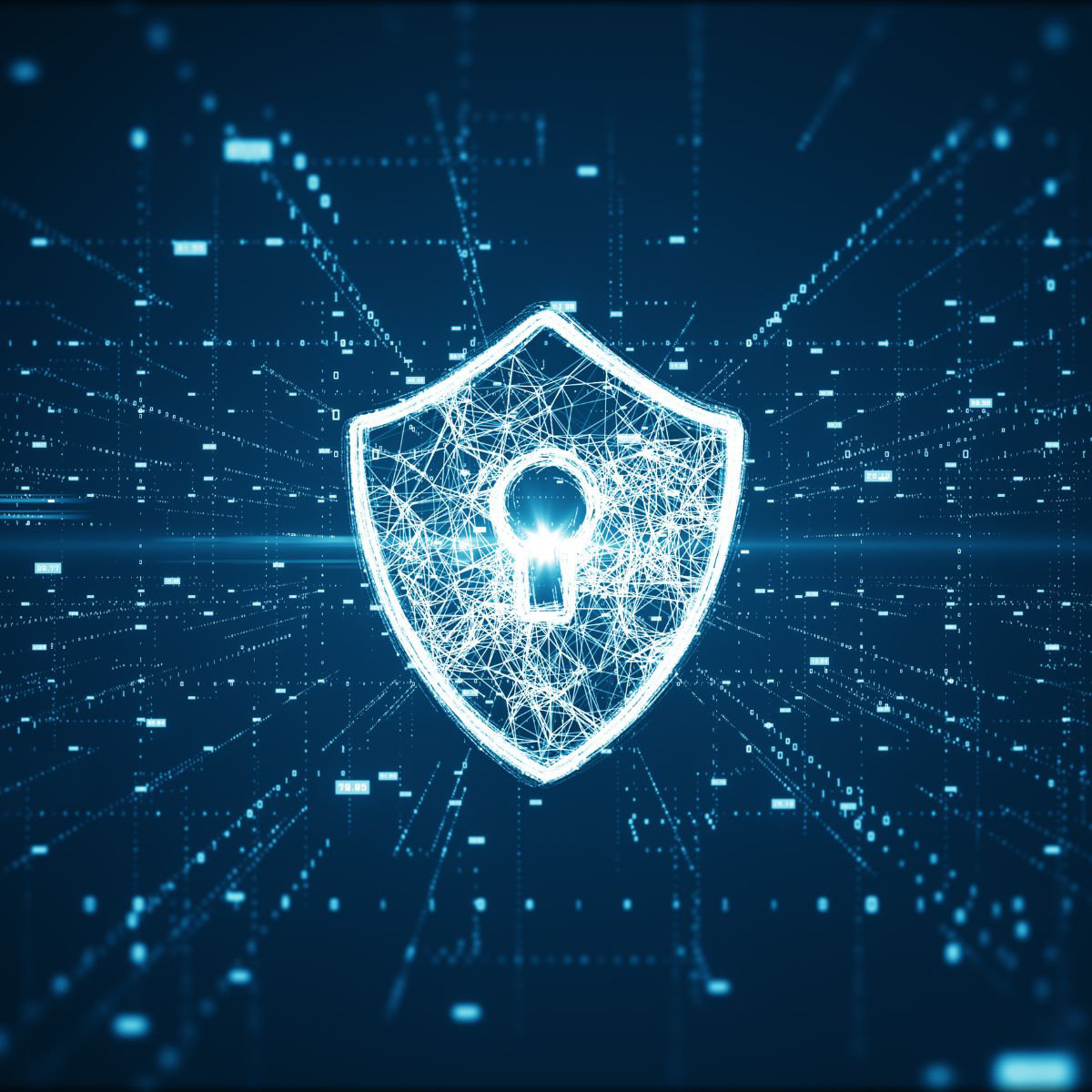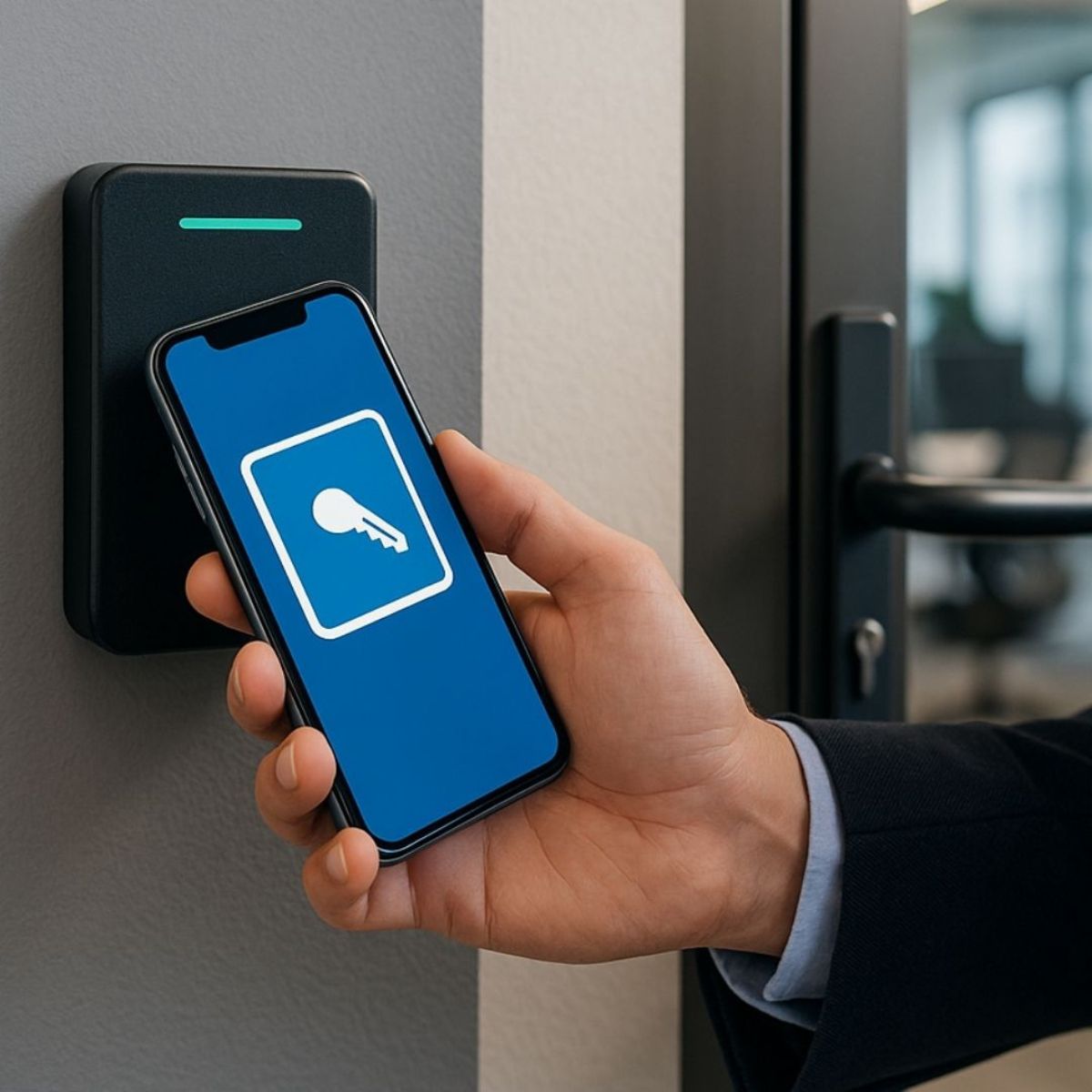Larger wind turbines typically have their control units and inverters located inside the nacelle, while smaller ones often have them installed externally.
Key components of a wind turbine:
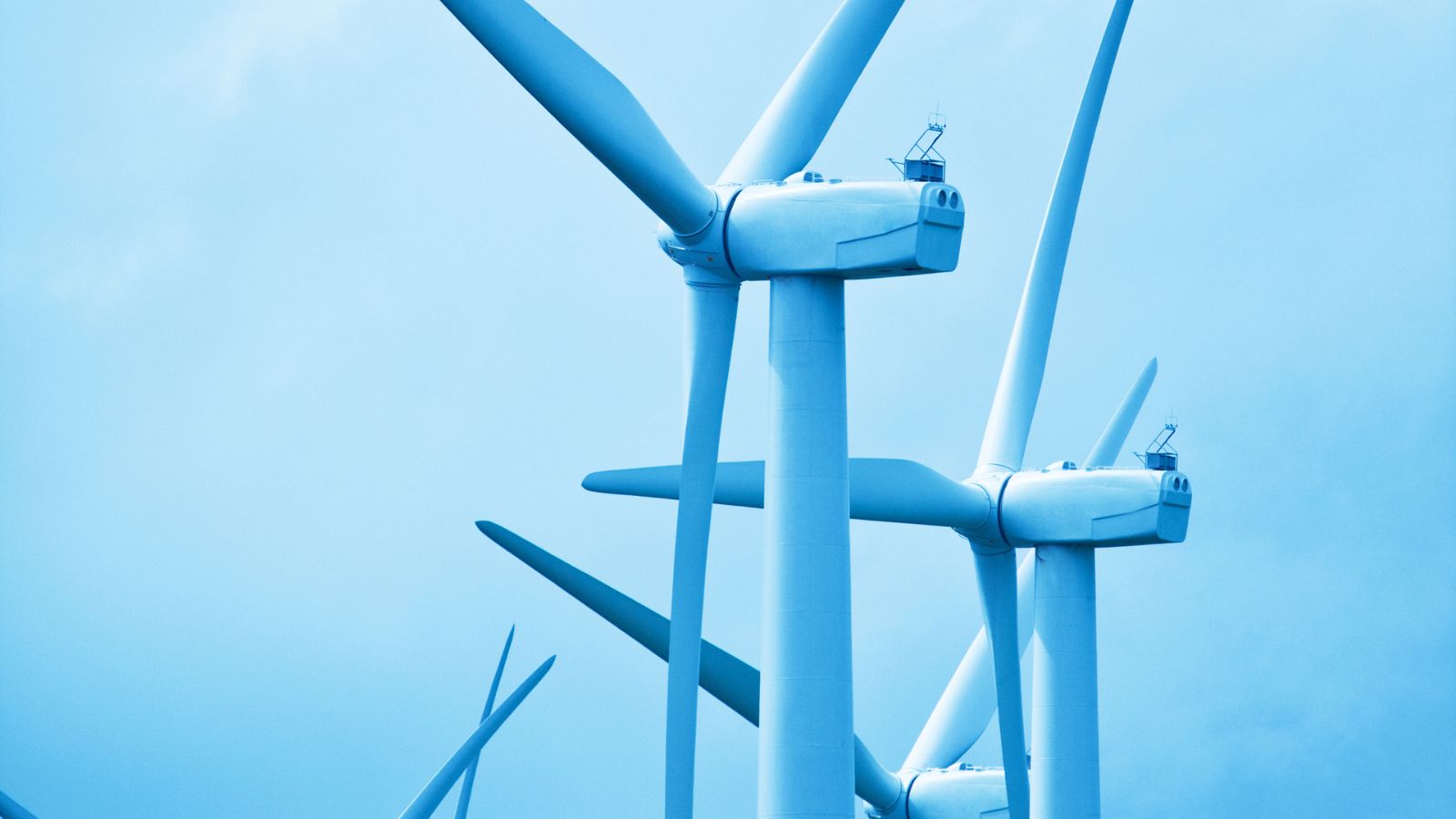
- Rotor: The rotating blades that capture the wind's energy.
- Nacelle: The housing that contains the generator, gearbox, and control systems.
- Tower: Supports the nacelle and rotor.
- Yaw system: Allows the turbine to turn and face the wind.
- Brake system: Used to stop the rotor in case of emergencies.
- Generator: Converts mechanical energy into electrical energy.
- Transformer: Increases the voltage of the generated electricity for transmission.
- Control system: Manages the operation of the turbine, including starting, stopping, and optimizing energy output
Advantages of wind energy:
- Renewable: Wind is a free and inexhaustible resource.
- Clean: Wind energy production does not generate greenhouse gas emissions.
- Domestic: Wind energy can be produced locally, reducing reliance on imported fossil fuels.
- Job creation: The wind energy industry creates jobs in manufacturing, installation, and maintenance.
Challenges of wind energy:
- Intermittency: Wind speed and direction vary, making wind energy production unpredictable.
- Visual impact: Wind turbines can be seen as visually intrusive.
- Noise: Wind turbines can produce noise, particularly at low wind speeds.
- Land use: Wind farms require significant land area.
Future of wind energy:
Despite these challenges, wind energy is a rapidly growing sector. Advancements in technology are making wind turbines more efficient and cost-effective. Offshore wind farms, located in deeper waters, have the potential to generate even more electricity.
